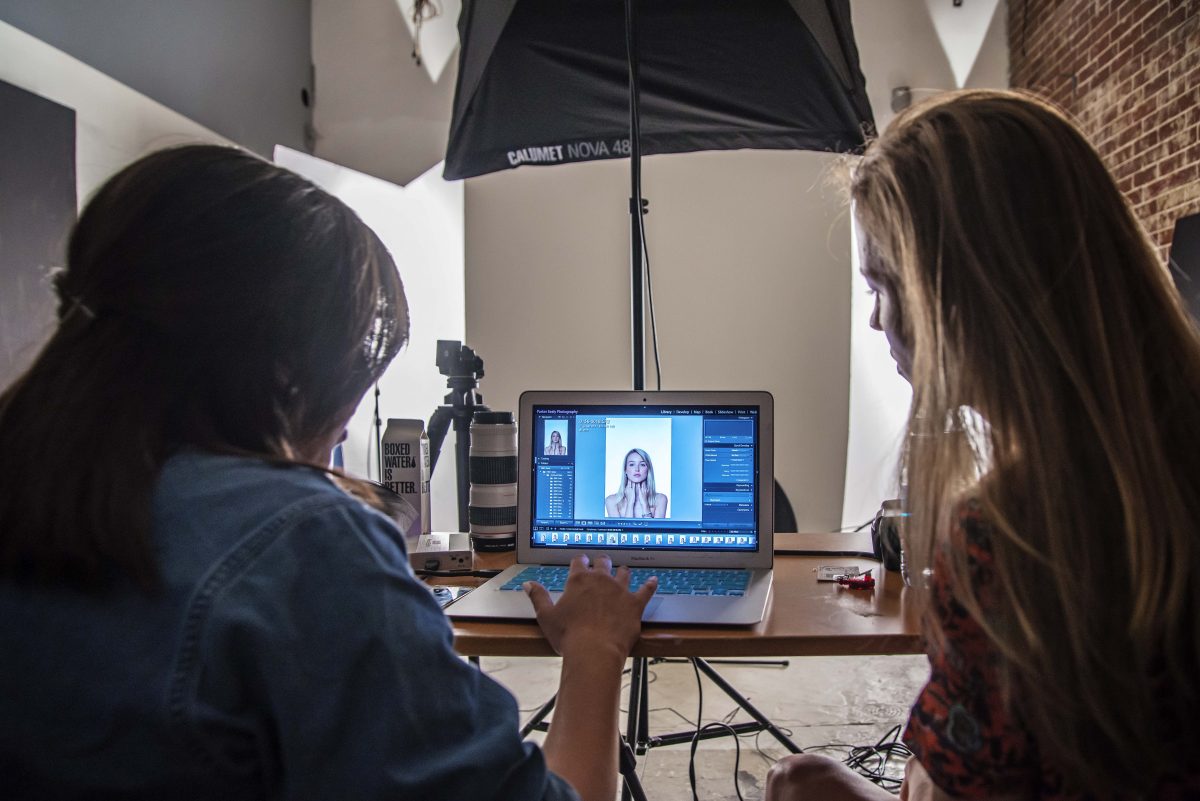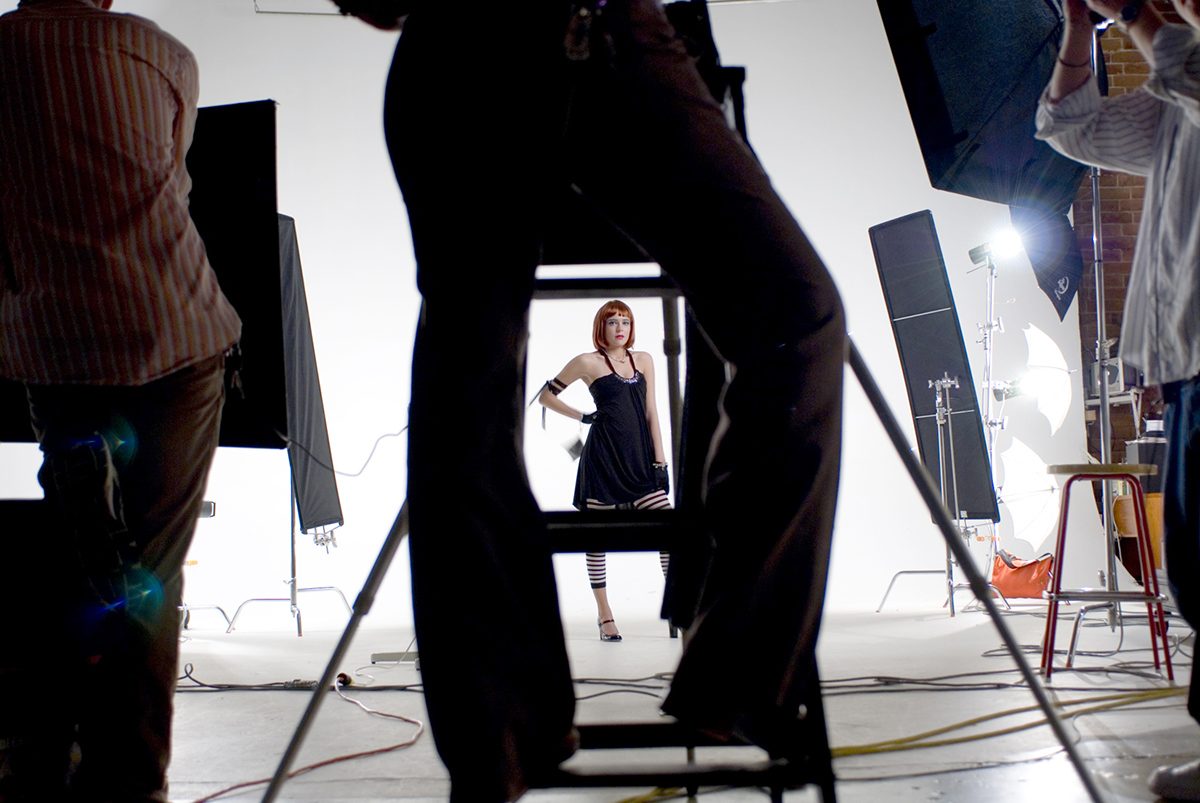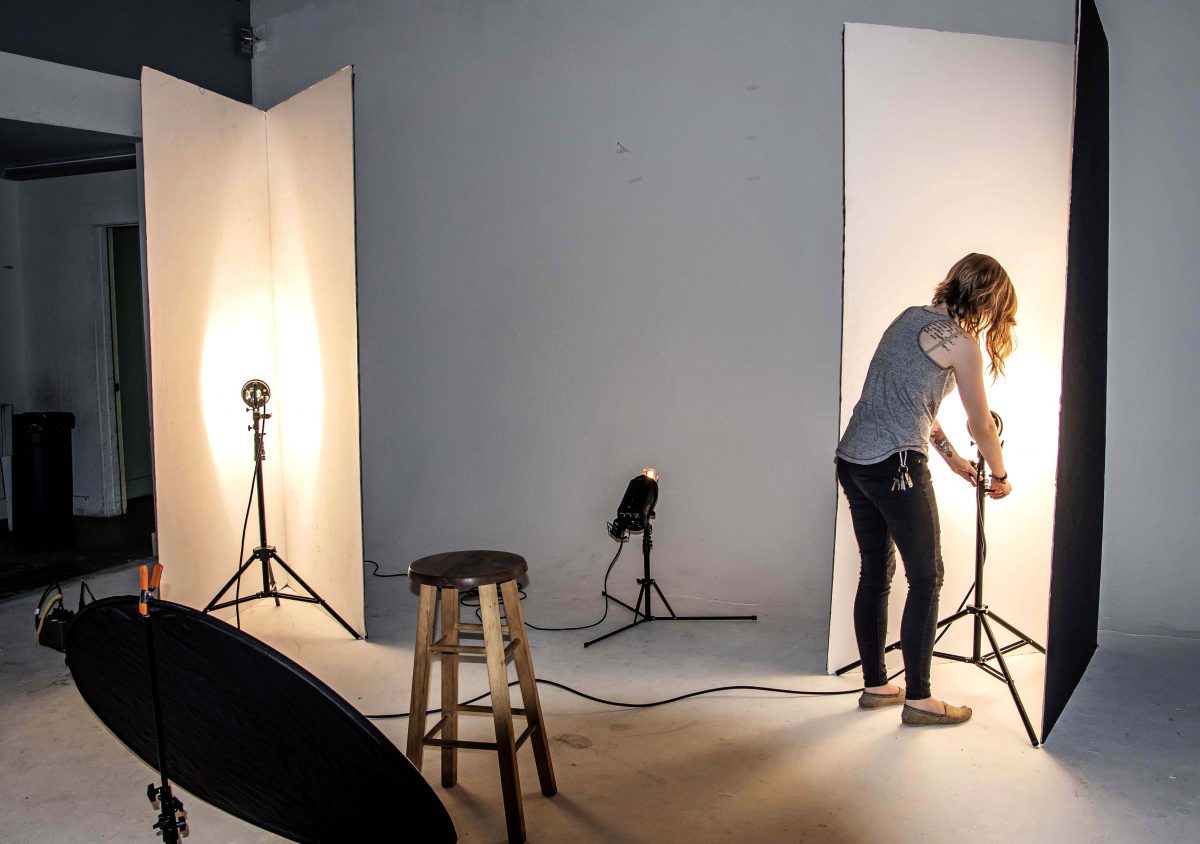Alumni Spotlight Kevin Zier
Executive Creative Director at Purple Strategies
#AlumniSpotlight The Creative Circus graduates the most sought after creatives in the industry. Take a moment to read about the lives, careers & personal stories of some of our fantastic alumni.
Kevin Zier – Executive Creative Director at Purple Strategies
Creative Circus Alumnus – Copywriting (2000)

Advice to the Graduating Class:
Be confident. You have to believe in yourself and your ideas before anybody else will. Just be aware, there’s a fine line between confidence and arrogance. No one wants to deal with an ego, especially from somebody fresh out of portfolio school—no matter how great you are. So go into your interviews and your first job and all of your presentations confidently. But make it a humble confidence.
Don’t overlook potential employers because they’re not famous. I think too many creatives get blinded by the name of an agency and forget to consider the people who work there. It’s the people who will make your career good or bad, fun or frustrating. That’s not to say great agencies don’t have great people. Every place does. But every place has the wrong people, too. With all the hours and late nights and long trips you’re going to be sharing with your coworkers, try to remember you’re not just interviewing for a new job. You’re also interviewing your new family.
Hopefully, this goes without being said—be kind, be inclusive, be forgiving, be scrappy, be a good listener, be positive. Be these things, and everyone will want to work with you.
Advice to the Incoming Class:
You can learn something from everyone. So try to work on at least one project with everyone in your class. Different perspectives, backgrounds, political leanings and humor can lead you to ideas you could never arrive at all by yourself.
What do you wish you knew while in school?:
I’m a bit of a loner at heart. I had my own little circle of friends in school. I kept my world cozy and comfortable. Small talk drives me crazy and networking doesn’t come naturally to me. I’m still working on both of those. Because relationships really do make the world go round. This is true for getting a new job, landing a new client and, more often than not, successfully producing one of your big ideas.
What does The Circus mean to you?:
The Circus landed in my lap at a time when I had no direction. It turned my world upside down and changed the course of my life. I am eternally grateful for it. Plus it gave me instant street cred. When I graduated, I packed the trunk of my Honda Civic with printed mini-portfolios (dating myself here) and drove around the entire country. From Atlanta to Chicago to Milwaukee to Jackson Hole to Portland to San Francisco to L.A. to Las Vegas and back again. In every city, I made some phone calls and said, “I’m from the Circus.” I got every interview I wanted. My first interview on that epic trip was at Leo Burnett, and they made me an offer. I told them about the month long journey I had planned, and they said, have a great time. Call us when you’re done, and the offer will be waiting for you. It was.
Favorite project you’ve worked on.
There will be many days in your career when you say, “I can’t believe they’re paying us to do this.” I said those words while shooting a commercial on a cruise ship from Crete to Athens. And a web series project in Hawaii. Shooting with Tony Scott at 14,000 feet in the Rocky Mountains. Developing a resident recruitment campaign for a small town in Arkansas to save it from extinction. Flying to Mumbai to educate doctors and bloggers on a health issue. However, if I had to narrow these down to just one favorite, you might be surprised that it was a project for feminine care. P&G’s brands Always and Tampax had teamed up with the United Nations to help little girls in Africa stay in school when they got their periods. Turns out, these girls stay home for a week every month and eventually fall so far behind they drop out. So I got to spend almost two weeks in northern Namibia sleeping in a two-man tent at night and documenting these girls’ lives by day. We were so far off the beaten path, Google maps didn’t even know where we were. This was a trip you couldn’t pay to experience—eating homemade dinner with families in tribal huts, being a fly on the wall in their churches and schools, watching out for lethally poisonous snakes in video village, helping paint the girls’ new dorms. I got to help children who had never received help in their lives. That trip, and the unbreakable happiness of those girls, still gives me perspective to this day.
What’s the most meaningful project you’ve ever worked on:
Back before working on car insurance was cool, we made a campaign for Allstate on the topic of teen driving. Car accidents were the #1 killer of teens, taking over 5,000 lives every year. Allstate had created a parent-teen driving contract that would help families talk about the issue and establish rules and consequences for safe driving. Problem was, the contract was just a piece of paper. To get families to engage, they needed a more immersive experience. This became my first fully integrated campaign. We turned the paper contract into an interactive website. We drove parents and teens there with a tv commercial—the music in it was written by a singer we found who lost a friend to a car accident back in high school. The music video became a memorial for lost teens. Here’s the link: https://www.youtube.com/watch?v=LBh7Muv0yac
We also challenged Washington to write stronger teen driving laws. The initiative included a massive installation—we hung 5,000 car keys to visualize how many teens are killed every year. And we wrote a long copy print campaign in the Washington Post. It didn’t take long before the legislation passed.
Best advice you’ve ever been given:
Less clever. More better. (obviously penned by an art director)
Work Examples:
I work at Purple Strategies, a boutique strategy and creative firm, just outside of Washington, D.C. We solve big, complicated problems for dozens of Fortune 100 companies…most of which have us operating under strict NDAs. So unfortunately, I can’t post work examples. That said, I’d love to share some work in person and tell you more about what we do. If you’d be interested in exploring something different than the traditional agency route (and you should be based on how quickly our industry is changing), shoot me a note.
What do you love most about working at Purple Strategies.
It is stretching me. And that’s what you have to do to grow. Before Purple, I spent 15 years selling products for clients—the new flavor of waffle, video games, heartburn medicine, stay 9 nights get the 10th free, accident forgiveness, etc. I loved every minute of it, but I was ready for a new challenge. My clients at Purple sit higher up in the C-suite. My coworkers are some of the smartest, sharpest people I’ve ever met—most with backgrounds a lot different than mine. We’re solving problems that really matter in the larger scheme of things. We help companies navigate challenging times or save jobs for thousands of employees, we educate health care providers on new treatments for orphan diseases, we work on complicated issues like tax reform or how to get more funding for charter schools, and on and on. I’m experiencing something foreign to me almost every day and learning things you just can’t learn in a traditional ad agency.
For someone who doesn’t have a clue about what a Creative Director does, well, what does a Creative Director actually do:
A lot of what we do is interpretation or translation. Understanding what the client wants/needs even when they can’t verbalize it. Or transforming a clear cut informative strategy (aka boring) into something human and emotive. Like I said before, it helps to be a good listener. To hear between the lines. That’s where the riches are always hiding. As far as managing creatives goes, I try to emulate the CDs who inspired me throughout my career. One big lesson I’ve learned is that it’s easy to kill ideas. But to try to find something good in every idea, to unpack the thinking behind it—that not only lifts people up, it can (every now and then) open the door for a great idea.
What advice would you have for someone who wants to follow in your footsteps and be a Copywriter or Creative Director:
Find your voice as a writer and develop it. Find a Creative Director you want to be like and do what they do. Find a Creative Director you don’t want to be like and start writing your “What not to do when I become a CD” list. Find a good team you can laugh with and then laugh a lot. And finally, don’t be afraid of the assignments no one else wants to take. It will pay off.





